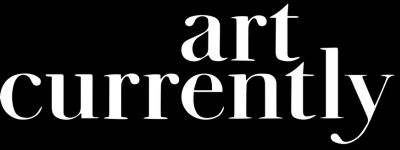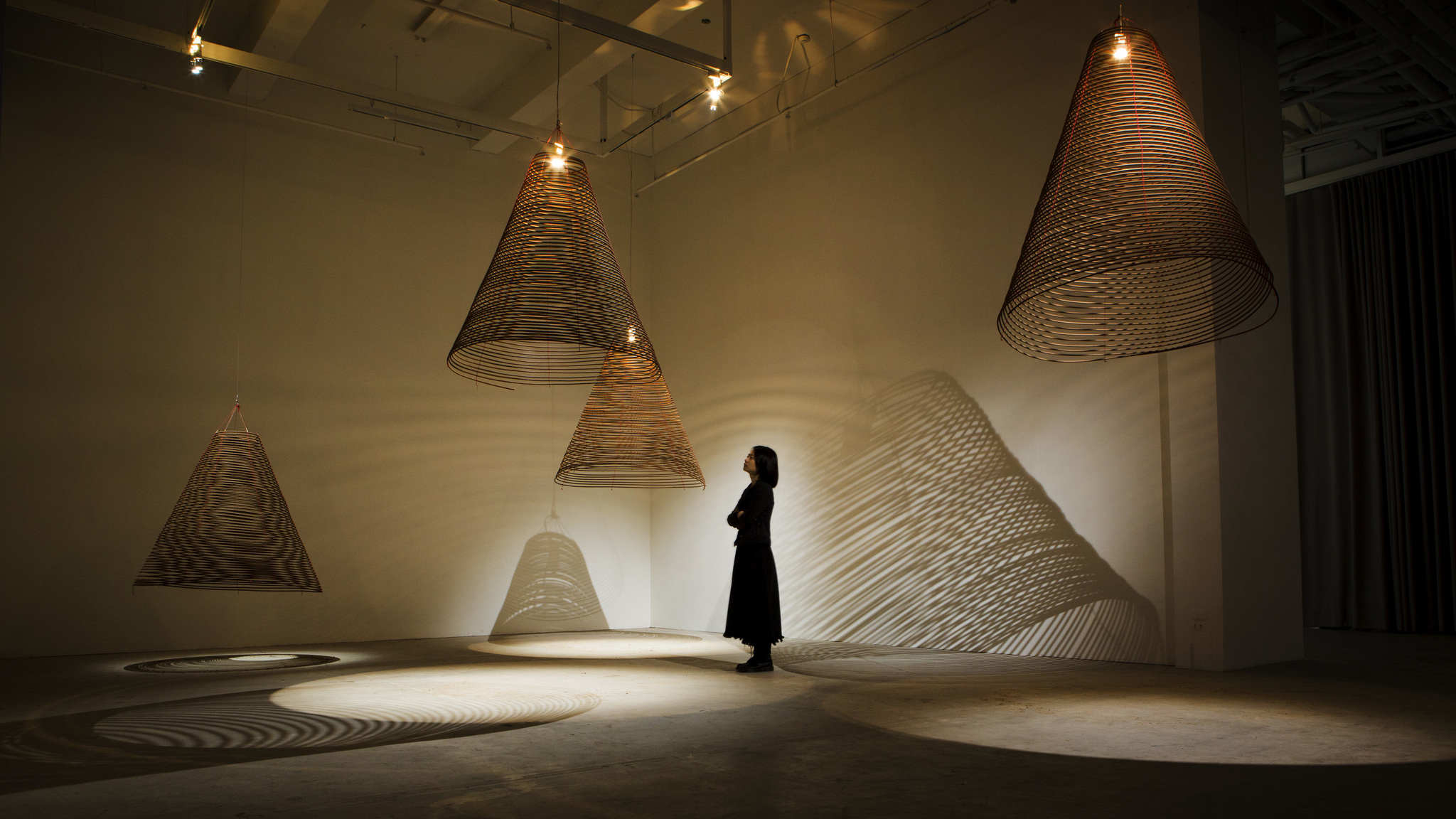Gwangju Biennale Enables Ancestry, Traditional Practices, and Daoism
Charwei Tsai, Spiral Incense Mantra - Heart Sutra, 2014. Spiral incense, 3 pieces, diameter 150 cm each. Installation view, We Came Whirling from Nothingness, TKG+, Taipei. Photo: Steve Hung.
The 14th Gwangju Biennale, one of Asia's leading contemporary art exhibitions, Soft and Weak Like Water, opened earlier this month. En masse, more than 79 artists, from Arthur Jafa to Mata Aho Collective, Abdoulaye Konaté to Farah Al Qasimi, and Abel Rodríguez to 'Seo-Bo Art Prize winner Oum Jeongsoon showed their works.
The works hold complexity as a common thread, as exemplified by Seoul-based artist Seung-ae Lee's animated tribute - occupying the Biennale Hall - to purification rituals found in Korean folk religions, or Bangkok-based filmmaker Taiki Sakpisit's "The Spirit Level" (2023) probing the water politics of communities across the Mekong River. Inspired by water's innate ability to embrace contradictions and paradoxes, the works echo the show's title, taking a page from the fundamental Daoist text of Dao De Jing.
By examining the city's artistic heritage and connection to ancestral teachings, Soft and Weak Like Water has brought a unique grouping of artists exploring traditional practices, and ties to ancestry, while deliberately avoiding a focus on digital technologies that South Korea is renowned for.
The city's transcultural resonance with seemingly distant cultures, such as indigenous Latin American communities, South Pacific cosmology, North African poetics, and the cultural legacy of trading routes in Central Asia and the Indian Ocean, plays a central role. That's why nine countries were invited to participate in the opening ceremony to represent a pavilion, which included Canada, China, France, Israel, Italy, the Netherlands, Poland, Switzerland, and Ukraine.
Yang-woo Park, President of the Gwangju Biennale Foundation, states, "We hope that the 14th Gwangju Biennale will foster novel discourses in contemporary art and culture. We look forward to Gwangju, Asia, and the international community coming together and collaborating during this esteemed 94-day event celebrating contemporary art."
The Gwangju Biennale, led by Artistic Director Sook-Kyung Lee will be on view through July 9, 2023.


